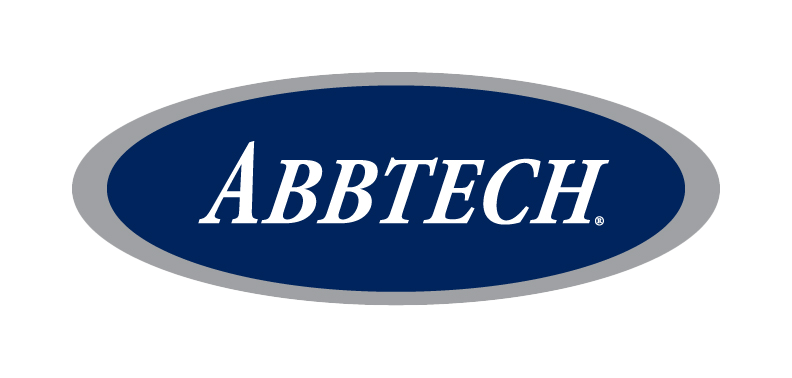This blog will cover three effective interview techniques that can help you evaluate an engineering candidate’s technical skills, as well as their personality and soft skills.
Tag: Engineering Career
Studying Engineering? Career Paths to Consider
You can pursue many career opportunities in engineering. There are many engineering career path to consider. Of course, each engineering career path has its pros and cons. If you know what to expect out of the different paths in engineering, you can plan accordingly. As a result, you can pursue an engineering career that meets… Continue reading Studying Engineering? Career Paths to Consider


